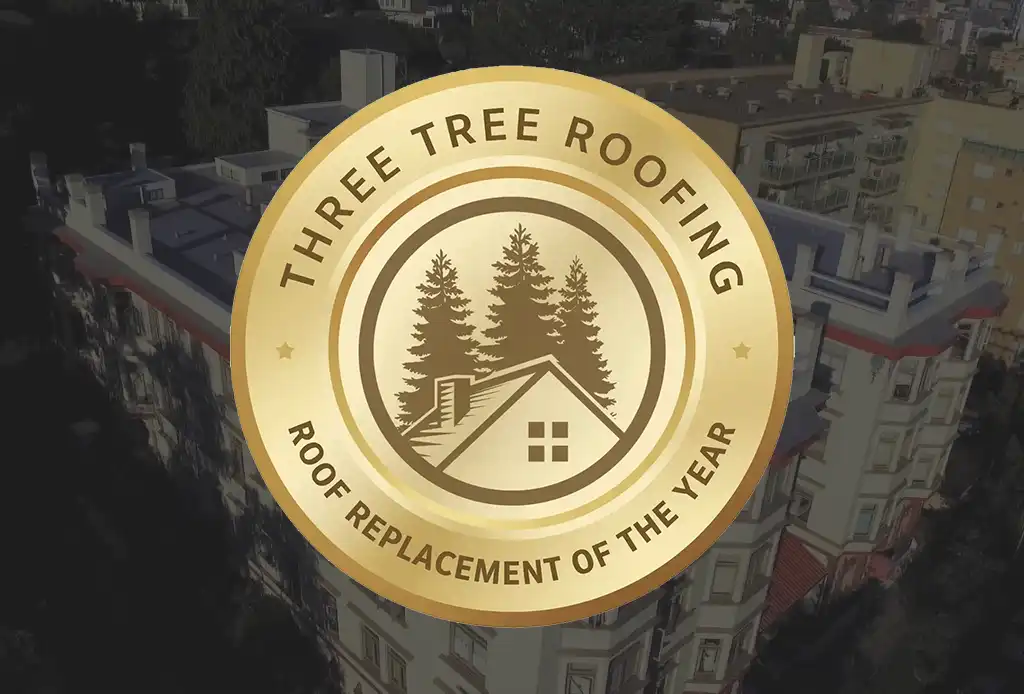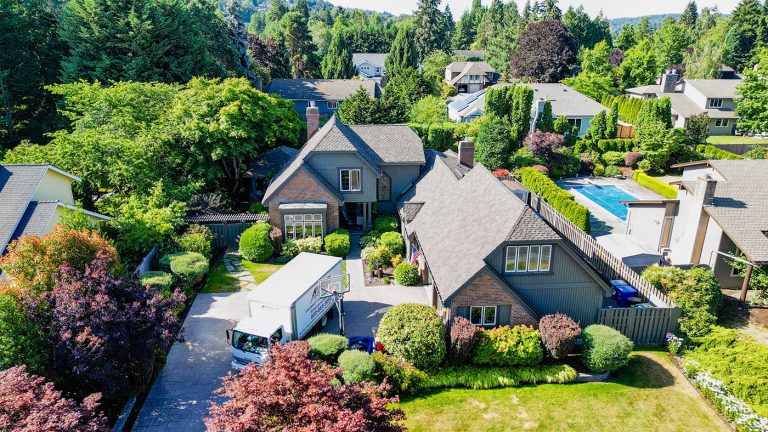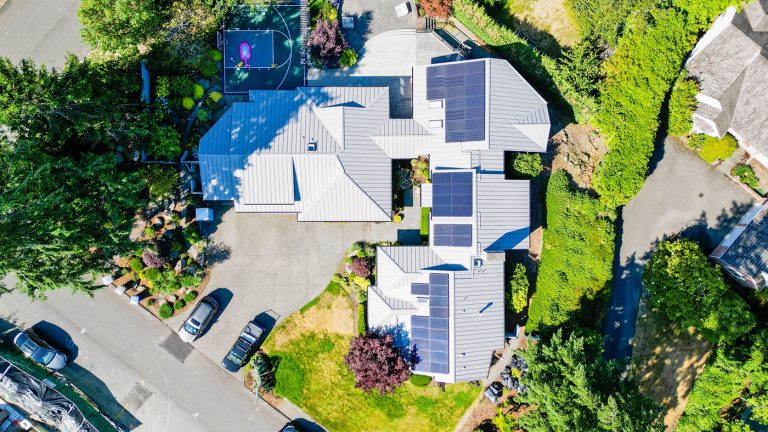Quality Manufacturer + Competent Installer = ~30 Years
There are differences in material types and furthermore, some of them have neat features to cut down on maintenance. However, no matter what type of materials you select (composite shingles, PVC/TPO, cedar shake shingles, synthetic/rubber shingles, or metal roofing) quality materials and competence of your installer are what really count. If you select a quality manufacturer to supply the roofing material, and a competent installer, you can expect about 30 years of useful lifespan.
Lifetime Warranty?
There has been a bit of an arms race in warranties over the last 20 years and most manufacturers claim a "lifetime" warranty. Gone are the days of 10, 20, 30, 40 and 50 year warranties and the accompanying jump in price from benchmark to benchmark. Lifetime equates usually to 50 years if you read the fine print, however, if you aim for 30 years and reasonably maintain it you shouldn't have too much worry about your roof.
Differences in Roof Types
So what are the differences between different types of roofs? First, the most important thing is to establish what type of materials are compatible with you roof type. Second, pick what you like. Below are a few notes on the different types of materials we commonly work with.
Composite Shingles
Composite Shingles are your "standard" roof for a pitched application. There are a lot of brands and a lot of minor differences. We typically recommend Certainteed brand or Malarkey brand shingles. Both are manufactured in the NW for our area and offer strong warranties. Weight is not as important as it used to be but things like algae and moss inhibitors are. Both of these brands use copper coated granules in the shingles to inhibit algae growth and slow moss. Nothing will stop moss completely but this gives you a nice leg up on your roof maintenance. Both brands offer different styles and profiles, again pick what you like the look of and what fits your budget.
Cedar Shake Shingles
If you love the quintessential Northwest look of cedar shake shingles and it fits your budget, go for it. Just make sure you get quality shakes and have a qualified roofer install them to best industry standards. We recommend minimum 5/8" shakes but 3/4" or 7/8" should be the target, they are more resistant to cupping and curling over time. Get CCA (pressure treated) shakes and ask questions. Ask for photos of your contractors work. Where do their shakes come from? Do they visually inspect them or just buy off of the label? This is a natural wood product and a good shake contractor should be proud of the quality of their shakes, they should want to tell you their story.
Metal Roofing
If you love the modern look of metal roofing, go for it. Just make sure you see close up examples of your contractors work. With metal roofing, the devil is in the details. Everything is hand bent and hand cut and finished on site. The craftsmanship of your contractor effects the final product even more so than your "typical" roof types. Make sure you opt for the thicker gauge metal (24ga or 26ga) and always get the Kynar paint. Metal roofing is only as good as its paint, if the paint fails the metal rusts. Don't buy a lesser finish quality metal roofing. Metal roofing all comes from the same mills regardless of the end manufacturer. They all take the same rolls and finishes and then run them through their benders and presses to create the panels and flashing that get delivered. We recommend Taylor metals and Nu-Ray metals locally as manufacturers but the contractor is THE most important decision here.
TPO/PVC Flat Roofing
TPO/PVC: This is the direct replacement for torchdown/hot tar/cold tar low slope roofing. The days of tar based flat roofing are all but gone. PVC/TPO flat roofing lasts longer, needs less maintenance (no coatings,) and is more energy efficient. These materials are thermoplastics, they make everything from car parts to construction materials from them and it is a proven commodity. Make sure your contractor can clearly explain their systems and processes here. They should be an open book. Look at photos. Make sure they use a vapor barrier AND what is called fan-fold, make sure the membrane is vented properly and the attic, if there is one, is also vented. How the roof deck is prepared is crucial with this material and experienced installers make all the difference. Ask if your contractor carries "recognized installer" status for the materials they offer. Many low slope material manufacturers require the installing contractor to be certified with them and provide examples of their work before the will honor any warranties on the materials installed.


























